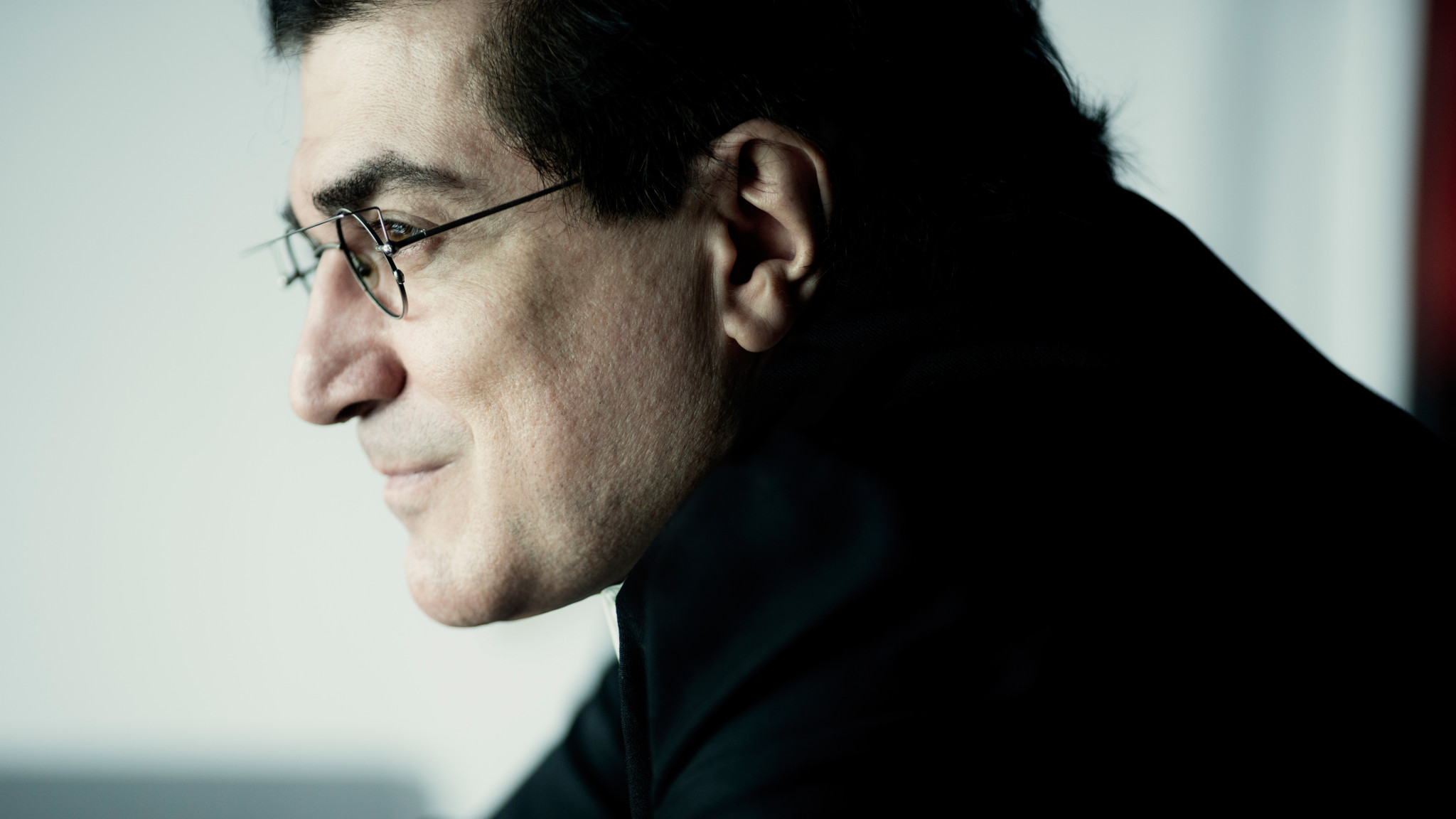Sergei Babayan plays Sergei Rachmaninoff

Armenian-born pianist Sergei Babayan is renowned for the sensitivity of his playing. Now he has recorded his debut solo album for Deutsche Grammophon. Dedicated to the music of Sergei Rachmaninoff, it features a selection of piano works and transcriptions and is set for international release on 7 August 2020.
Sergei Babayan is convinced that what motivates every musician is “the opportunity to speak to people through music and to move them”. He himself has grasped this opportunity in all kinds of ways since the early days of his versatile career: as a brilliant soloist known for powerful interpretations of repertoire ranging from the Baroque to the present-day, as a skilled chamber musician working with, among others, Martha Argerich, and, not least, as a highly gifted teacher, whose influence has been felt by such leading artists as Daniil Trifonov. Now the 59-year-old pianist, an exclusive Deutsche Grammophon artist, is releasing his first album on the Yellow Label. A new milestone in his career, it is also a declaration of his love for the music of Rachmaninoff.
Sergei Babayan was born in Armenia in 1961 and began taking piano lessons at the age of six with Luisa Markaryan and Georgy Saradjev. He was thirteen when he first heard Rachmaninoff’s music. Listening to a recording of the Second Piano Concerto, as he recalls, he was spellbound by its “melodies, harmonies, the complex chromatic shifts in the counterpoints and the ineffable beauty of the inner voices”. He went on to study at the Moscow Conservatory, where he was taught by Mikhail Pletnev, Vera Gornostayeva and Lev Naumov, becoming part of the third generation of students trained in the Neuhaus tradition. Babayan first travelled abroad in 1989 and before long was bringing home first prizes from such prestigious contests as the Cleveland International Piano Competition, Hamamatsu Piano Competition and Scottish International Piano Competition.
Throughout the years, Rachmaninoff’s music has continued to hold a special place in Babayan’s heart. “Whatever else I might be playing, for me Rachmaninoff was always there,”he says. It was an obvious choice, therefore, to devote his debut DG album to the Romantic composer’s music. Rather than recording any of Rachmaninoff’s complete cycles of works, however, he was keen to put together one of his own. Following an intensive selection process, he came up with a meticulously crafted sequence of pianistic miniatures that have accompanied and inspired him for many years. These include single pieces from thePréludes op. 23andop. 32, Études-Tableaux op. 33 and op. 39and Moments musicaux op. 16, as well as transcriptions of thethird movement of theCello Sonata op. 19 and “Lilacs”and“Melody”from the set of 12 Songs op. 21, which Babayan has known and loved since childhood. All marked by a similar improvisatory quality, these works are juxtaposed with one another here to form a vivid and richly-contrasting musical narrative. “The various pieces combined together create a completely individual story,” notes the pianist. “One piece leads into another, one mood flows into the next.”
He sees the emotional palette of Rachmaninoff’s music as limitless: “It would be impossible to begin to describe what kind of healing power it has. It is a spring garden of new hopes and rebirth, new inspirations and new beginnings for those who have lost their way and their faith. One thing which cannot be closer to the truth is what he says about music being Love, being born into the heart and appealing only to the heart. Only a composer of the highest gifts can have a craftsmanship of the level where music sounds like an improvisation, born spontaneously.”
In Babayan’s view, the composer’s unique idiom reflects both his “deep Russian soul” and his rootedness in the Russian Orthodox tradition, and is further enriched by the inimitable influences of the Sinti and Roma cultures. Its “fundamentally improvisatory character” goes hand in hand with “a great depth of knowledge and unrivalled craftsmanship”. Rachmaninoff’s true genius, meanwhile, is revealed in the seemingly effortless way in which his music unfolds: “From a cell of just a few notes he creates a mood,” observes Babayan, “and what he then develops from it seems like a single flowing phrase, such an endless stream of melody that we are barely aware of the work that has gone into it.”
All recorded in just a small number of takes, the interpretations on this album hold up a fascinating mirror to the emotional complexity of these works. With playing that can move the listener with such immediacy, Babayan is unquestionably a master of expression in sound.
